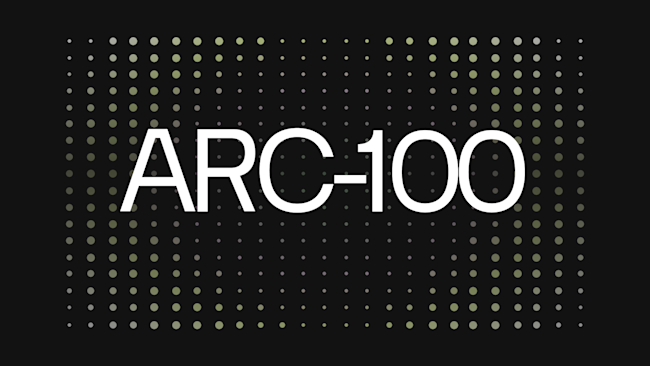Seeding validator ecosystem and infrastructure diversity

Just as thriving cities and flourishing gardens don't appear out of nowhere, neither do blockchain ecosystems. Over time, cities have grown through the forces of efficient markets, while natural selection has cultivated a balanced diversity in plant life. Similarly, blockchain networks need intentional development to achieve balance and resilience.
Building a successful blockchain ecosystem requires careful planning and design to achieve long-term survival, network stability, and a truly decentralized system. Part of what makes Aleo decentralized is our diverse network of validators, who are infrastructure service providers that secure the network through AleoBFT, a Proof-of-Stake based consensus mechanism.
Selecting a diverse group of validators is key to establishing the Aleo Network as a healthy, resilient, and decentralized network, similar to city planning or forestry management. Seeding in a specific diversity of ecosystem participants represented by and inclusive of validator providers is a critical initial step we can make at launch.
Ensuring true decentralization in blockchain ecosystems
Historically, saying that a network has a decentralized set of validators came with a fundamental assumption that its underlying infrastructure was also diversified. Decentralized networks rely on a varied infrastructure stack to ensure resilience in byzantine environments. This problem of “decentralized in name only” becomes a harbinger of underlying issues of the actual progressiveness of decentralizing a broader ecosystem.
Blockchain ecosystems are not only made up of infrastructure service providers. A blockchain ecosystem as a financial technology platform meaningfully exposes domains that should support a thriving place for data analytics providers, consumer applications, decentralized financial applications, marketing services, auditors, traders, developers, artists, gamers, regional interest groups, and more.
Aleo can achieve the strength of a decentralized network with infrastructure resilience and healthy ecosystem representation. We can accomplish this by intentionally sowing diversity and representation at the infrastructure and ecosystem level. Our collaborative delegation program, spanning our Foundation, backers, and the Aleo community, is focused on ensuring this necessary diversification.
Cultivating representative governance
As blockchain ecosystems grow, governance becomes essential. Validators, much like lawmakers, should represent the interests of diverse ecosystem domains, ensuring that governance reflects the full spectrum of the network's participants. The Aleo Network Foundation aims to foster this representation by empowering validators to guide the ecosystem's evolution with intentionality and inclusivity.
Congressional legislatures serve as general-purpose lawmakers with appointments into different domain-specific sub-committees to guide the direction of new laws by offering knowledge and support. Similarly, validators serve as general-purpose infrastructure service providers that can also be divided into representing different domain-specific groups to guide the direction of a network by providing domain expertise and support. These domain-specific parts of a network ecosystem are often serviced through DAOs, subcommittees, working groups, etc. Simply, validators should represent groups specific to the ecosystem. The Aleo Network Foundation seeks to cultivate this intentionality into the beginnings of our Network.
The governance power of validators should not be isolated to only one specific domain but representative of an entire ecosystem. Part of the Aleo Network Foundation’s responsibility is ensuring the prerequisites to enable diverse representation of all the ecosystem domains at mainnet launch. In doing so, we can help seed the beginnings of an ideal representative governance system enabled by a diverse validator community.


